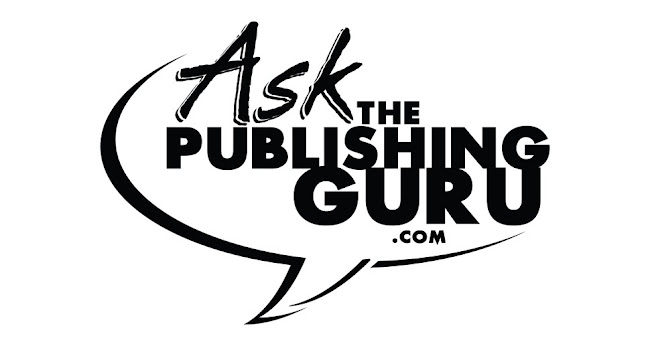Guest post by Linda Aragoni
We all love stories. Whether they are in a Golden Book, on the big screen at the mall, or heard at the water cooler, stories cast a spell. They take us outside our comfortable world to places we've never been, introduce us to people we'd never otherwise meet, thrill us with adventures we'd be terrified to have in person, and allow us to laugh openly at stupidity in high places. Stories make us cry, laugh, or simply think.
Although we tend to think of storytelling in terms of fiction, nonfiction writers must be able to tell a story well, too. Here are some nonfiction settings where narration is routinely used.
Nonfiction books
Many nonfiction books are narratives. Biographies and autobiographies tell true stories of peoples' lives. History books are, at least in broad outline, narratives. Many travel books are largely narrative.
Reports
Some business reports contain narratives. It is not uncommon for a company's annual report to include a narrative about the ups and downs of the company's fortunes the past year. Discussions of experiments, tests, procedures, and inspections may also be presented as narratives.
Case studies
Case study articles in professional publications are basically stories told by spokespeople for businesses or organizations. The business or organization is the "hero" of the story. The story opens with the organization facing a problem. It tells options the organization considered. Then it traces attempts to solve the problem and describes their success. Usually the case study ends with lessons learned or with recommendations for others faced with a similar situation.
Anecdotes
Besides such major uses of narration, we routinely find narration used in the form of anecdotes in works whose main purpose is to entertain or persuade. An anecdote is a short, interesting story, usually personally or biographical, told to emphasize a point. Anecdotes illustrate, explain, and humanize content, making it memorable. Often the anecdote is remembered long after its point is forgotten.
Advertising and public relations
Narration is also a staple of advertising and public relation appeals. A story can touch our hearts as no amount of impersonal prose can. Testimonials from a basketball star or rock vocalist get us to drink milk or ask for a particular brand of athletic shoe. Stories of sick children, abandoned puppies, and poor but valiant mothers make us open our pocketbooks to help. In such cases the anecdote is employed as a persuasive tool.
Writer-editor and writing teacher Linda Aragoni has told hundreds of nonfiction narratives over her career. As host of the website You-Can-Teach-Writing, she helps teachers find appropriate ways to incorporate narrative writing prompts into English language arts classes for grades 7 and beyond. Copyright 2010, Linda Gorton Aragoni.




